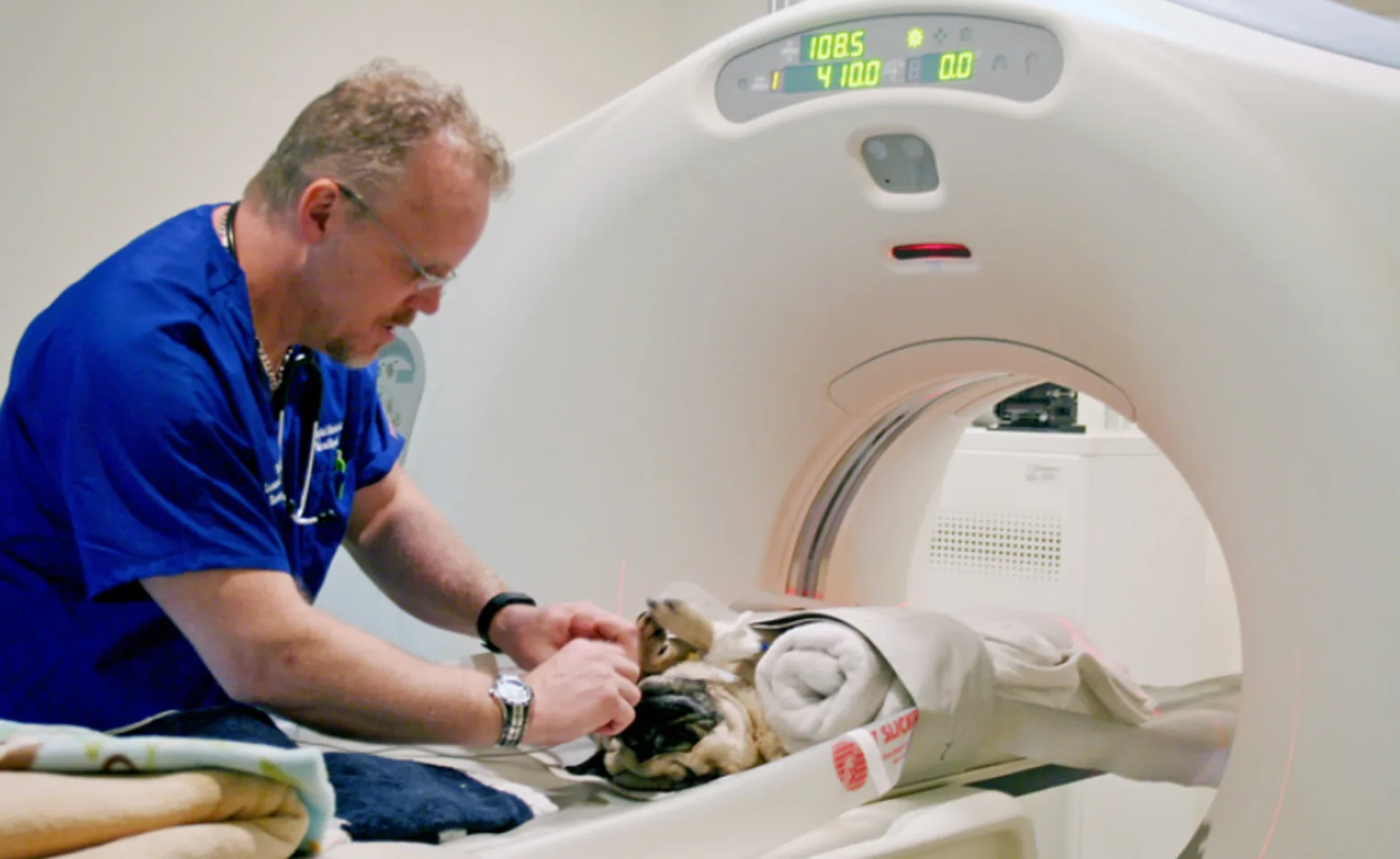Skip NavigationSkip to Primary Content



Highlights of Diagnostic Options
Please contact us if you are seeking a service or treatment not listed here.
Digital Radiography
Ultrasound
Emergency Surgery
Ophthalmic Surgery
Skip NavigationSkip to Primary Content



Please contact us if you are seeking a service or treatment not listed here.
Digital Radiography
Ultrasound
Emergency Surgery
Ophthalmic Surgery